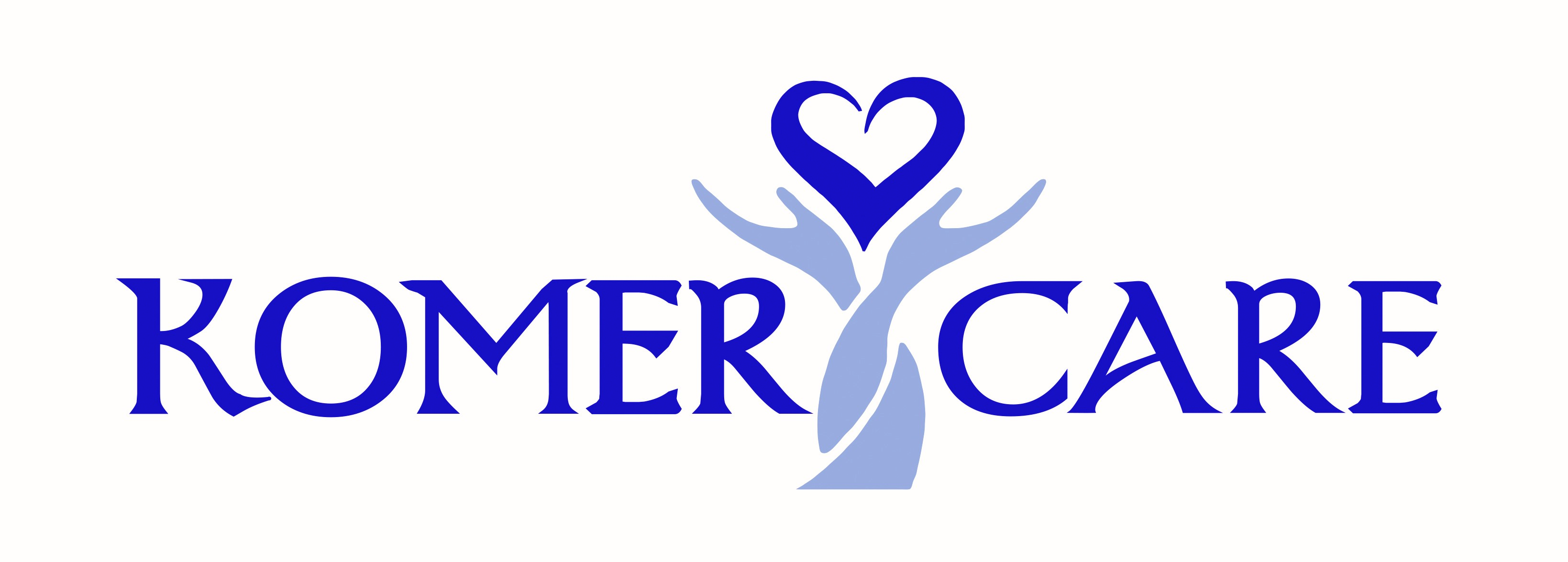
The brain can be damaged in different ways. These include infection, tumor, stroke or chemicals, and drugs. However, traumatic brain injury (TBI) is defined as brain damage caused suddenly by an external force.
The adult brain weighs about 3 pounds. It has the consistency of dried peanut butter being both soft and fragile. Cerebrospinal fluid surrounds the brain nourishing and protecting it. The bony skull also protects the brain. However, the interior of the skull has bony ridges that can cause brain damage when the brain is hit by a force that slams it into the skull. Impact to the head that creates rotation can trigger more damage than a direct blow.
Penetrating head injuries occur when an object such as a bullet enters the brain causing damage to a specific area. Closed head injuries caused by a motor vehicle accident, a slip and fall, or in a collision sport, can also cause damage. This type of damage often injures a more diffuse area.
TBIs can result in brain bruising, bleeding within the brain, tears or lacerations of the brain, and damage to nerves caused by shearing forces (known as diffuse axonal injury). Diffuse axonal injury to the area of the pituitary gland may be responsible for hormonal changes seen in a traumatic brain injury.
Concussions described as a “mild” traumatic brain injury is not life threatening. However, the term “mild” can be very misleading in that the initial damage may appear minor even though the long-term effects may be more serious, or even life threatening.
Estimates are that 1.4 million traumatic brain injuries occur each year in the United States, leading to 1 million hospital emergency visits. Traumatic brain injuries are diagnosed as mild, moderate, or severe, based on the individual’s condition at the time of the injury. About 75% of TBIs are categorized as be mild.
With a mild TBI, there may be no visible injury. Even brain imaging (x-rays, CT scans, MRI) shows no brain damage or is inconclusive. With moderate or severe TBIs, there is typically a loss of consciousness, disorientation or confusion, with neurological signs and changes on a CT scan or MRI. Assessments of these more extreme TBIs are to rule out life-threatening problems such as tearing or bleeding within the brain, or acute swelling. Swelling can cause increased intracranial pressure, breathing difficulties, spasm of blood vessels, lack of oxygenation to the brain, and abnormal heart rate patterns (called cardiac arrhythmias).
Someone who is struck in a car accident, or who falls to the pavement, may injure the brain both at the point of impact and on the opposite side of the brain as well (known as coup-contra-coup injury). This happens inside the brain as it is initially forced forward to the point of impact on the skull and then as it rebounds off the other side of the skull. This injury can cause very diffuse damage because of the tearing effect on the brain, as it moves back and forth within the skull. The Glasgow Coma Scale (GCS) classifies the severity of a TBI. It rates the person’s level of consciousness on the scale of 3 to 15 measuring verbal, motor and eye-opening reactions to stimuli. In general, GCS levels of 13 to 15 are classified as mild TBIs, 9 to 12 are moderate and 8 or below are severe. PTSD and a TBI frequently occur together. Among patients hospitalized previously for TBI, somewhere between 35% and 80% have histories of substance abuse, with alcohol being the most abused substance. TBIs are linked to homelessness, panic attacks and anxiety, depression, learning difficulties, domestic violence, suicide, and incarceration.
Recent figures suggest that 1 million US troops that suffer from TBIs are in jail (perhaps from bad decisions caused by the TBI), and 40 commit suicide each day. A study from Toronto, Ontario showed that42% of men and 58% of homeless women in that city had significant traumatic brain injuries before becoming homeless. TBIs are not only a health issue for the people who suffer them. They impact families, the workplace, and society as a whole.

